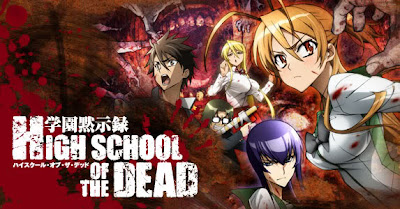But because I said that, you probably think that I mean the opposite. So I am selfless.
Random blog reader: Wait, what?
Exactly.
But moving on, one of the most interesting things I learned from Divergent was the connection between selflessness and bravery. That in order to be selfless you must be brave. And in order to be brave you must be selfless. To an extent.
But the greater idea I felt that came from the comparison of two very different virtues was the effectiveness of either one in society. As in, if you fully commit to one--specifically in choosing to be selfless--what good does that actually do?
The Abnegation seem to be the "nicer" people compared to their faction counterparts. Yes the Amity are peaceful, but they seem more delusional than kind. Whereas the Abnegation are expected to put aside their wants and desires--even going as far to sacrifice their needs for the better good of servings humanity. Sounds like you'd want them to be your friend.
 |
| Need something? Gray best friend to the rescue! |
Except they wouldn't use an explanation point. But just like there is an 'i' in Abnegation, there is also an 'i' in life. So how can I be selfless without compromising the own quality of my life? I can't.
And to some extent, I'm fine with that. It feels good to sacrifice my needs for others. Sometimes. But if I did it all the time--with no question, ever--wouldn't that be selfish? To myself?
Exactly.
Divergent is a dystopian novel due to the attempt to create an utopian society. Even selfless intentions are flawed. Even though I'm trying to sound like I'm making sense, not everyone is going to follow what I'm saying. This world is corrupt. Sadly, most efforts to fix it only exposes new problems.
So we try to be better people. Selfless. And then the corrupt cycle repeats.
 |
| Look at how happy I am. |
But you're not happy.
 |
| I'm going to throw this at your face, Peter. |
And then you leave your faction. And then you throw your sweater at Peter. It's okay to throw your sweater at Peter.
And now I'm beginning to sound like a Direct TV commercial.




